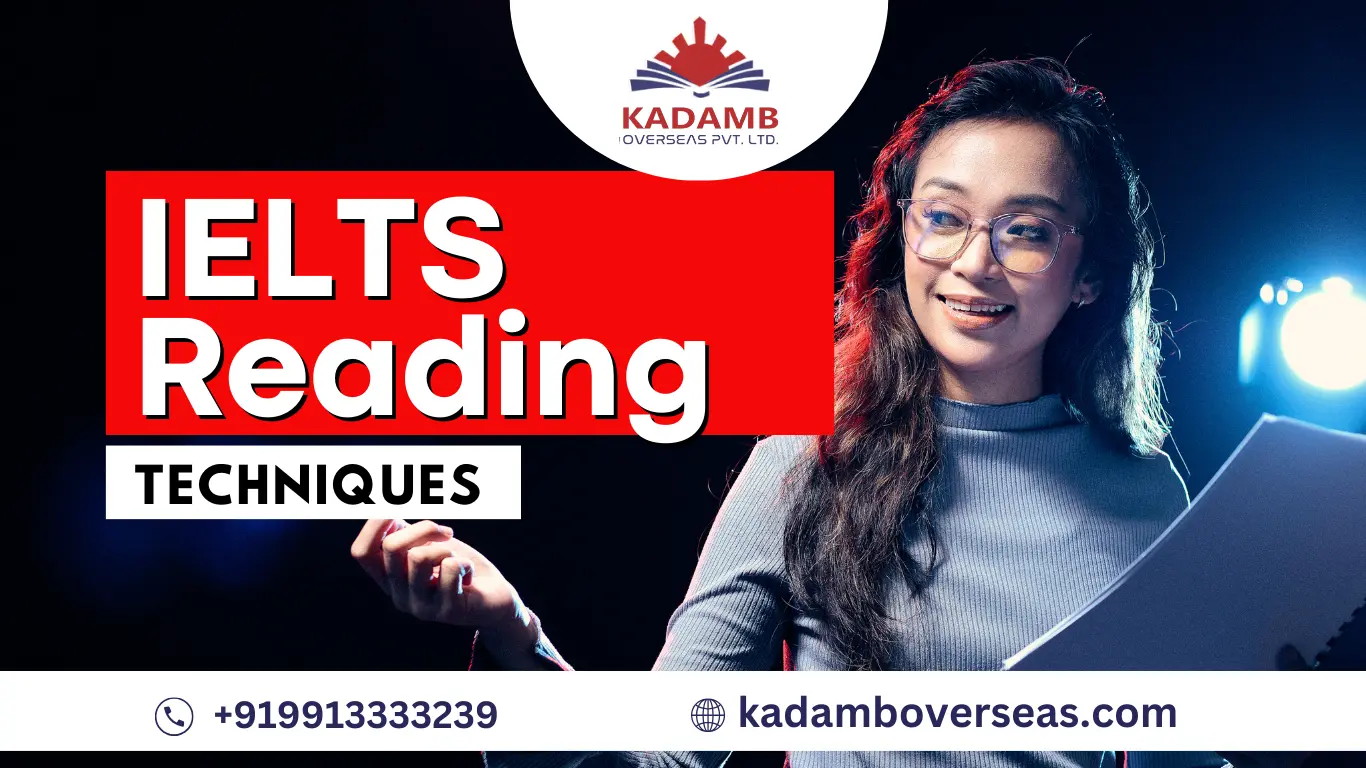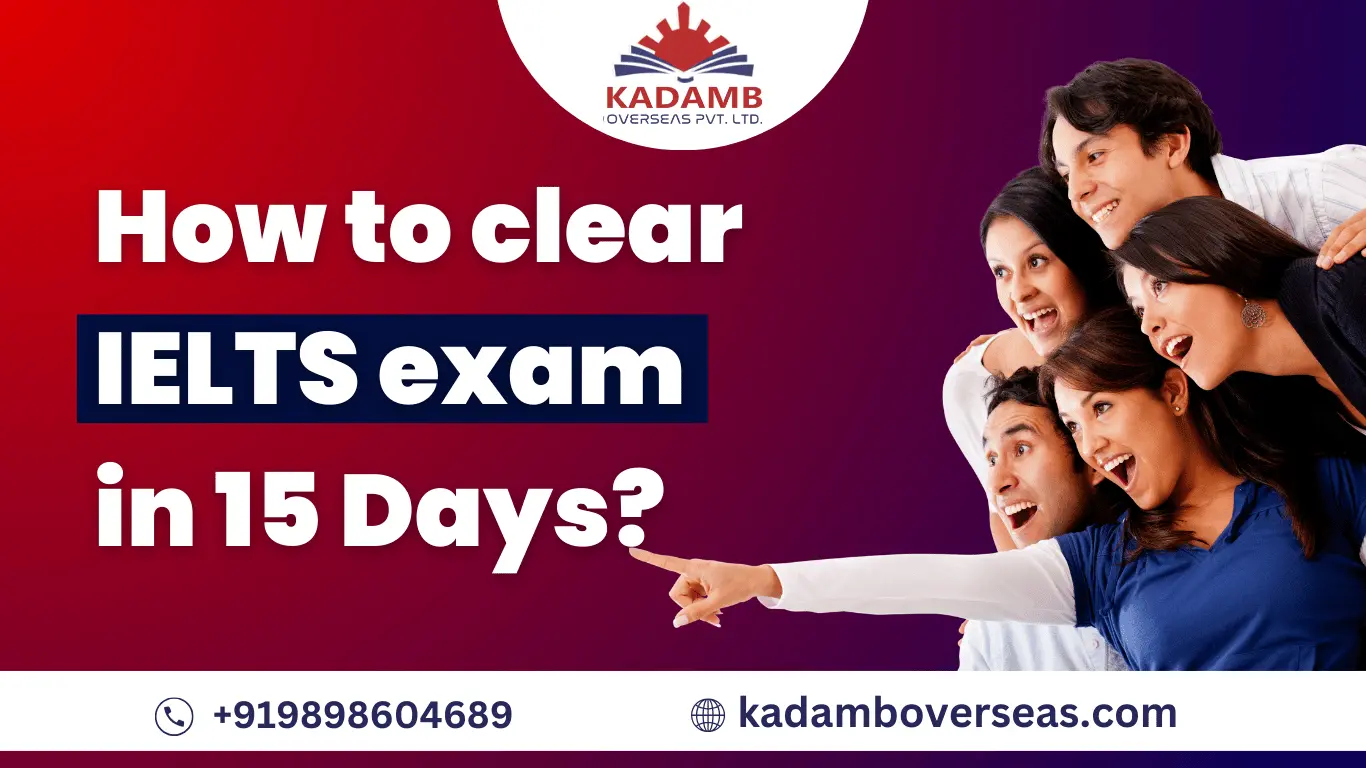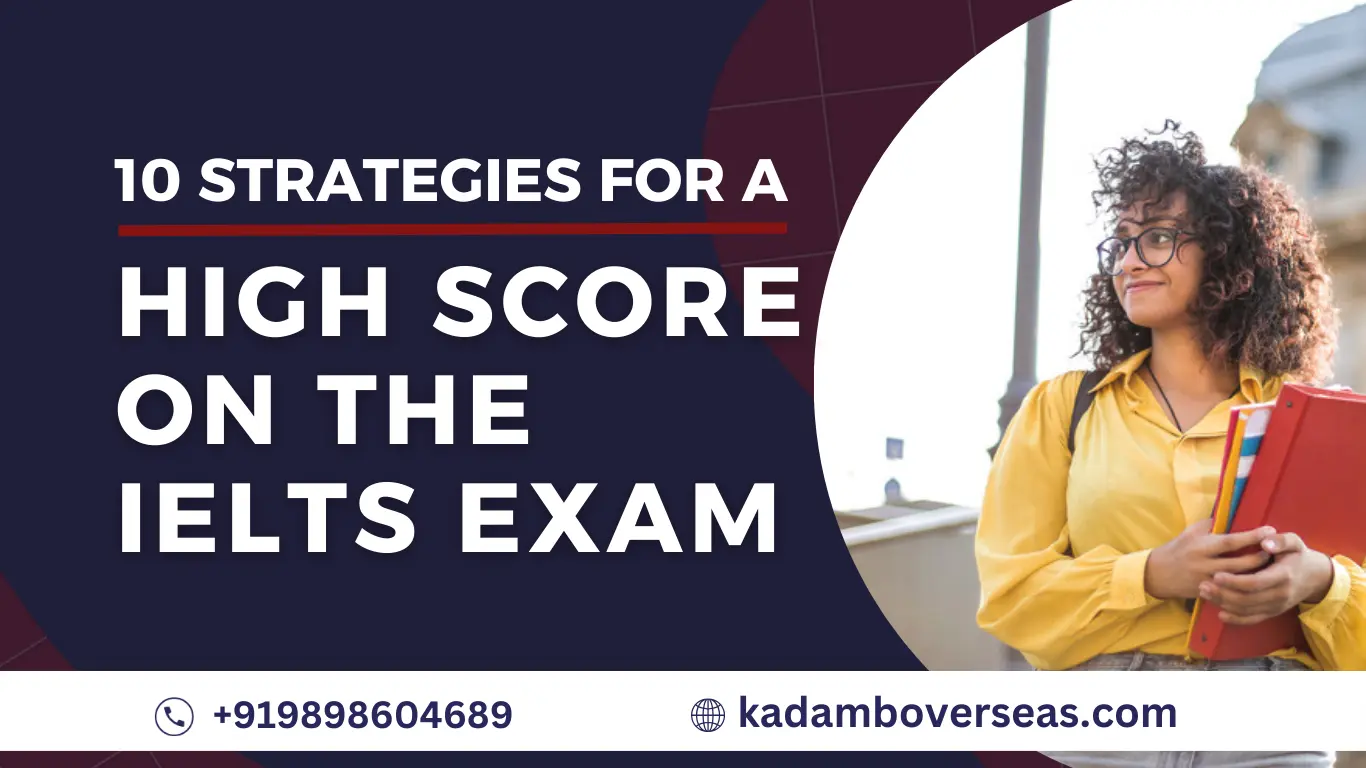Are you tired of feeling overwhelmed by the dense and complex passages in the IELTS reading section? Imagine being able to approach any text with confidence, uncovering its hidden meanings and nuances effortlessly.
In Unlocking IELTS Reading: Techniques for Comprehensive Text Analysis, we delve into the art of dissecting written material, empowering you to conquer even the most daunting literary landscapes. Through a combination of strategic approaches and practical tips, this article will equip you with the tools needed to unlock the secrets within each passage, ultimately enhancing your ability to comprehend and critically analyze texts.
As we embark on this journey together, prepare to explore innovative techniques that go beyond traditional reading methods. From mastering skimming and scanning techniques to harnessing contextual clues and identifying key themes, this article will revolutionize your approach to tackling IELTS reading materials.
Whether you’re aiming for a high band score or simply seeking to improve your overall comprehension skills, Unlocking IELTS Reading coaching is a comprehensive guide designed to sharpen your analytical abilities while unraveling the intricacies of written language. Join us as we embark on an immersive exploration of text analysis strategies that are guaranteed to transform your IELTS reading experience.
Understanding the IELTS Reading Test
Understanding the IELTS Reading Test requires a strategic approach that goes beyond simply reading the text. It’s crucial to familiarize oneself with different question types, such as multiple-choice, matching headings, and true/false/not given, to anticipate what information is being sought.
Moreover, recognizing the structure of various text types—such as descriptive, argumentative, or narrative passages—can provide invaluable context for comprehending the main ideas and identifying key details accurately.
Furthermore, understanding the purpose and tone of each passage can enhance reading efficiency. By deciphering whether a text aims to inform, persuade, entertain or describe an issue, test-takers can infer the author’s perspective and intention more effectively.
Additionally, paying attention to transitional phrases and cohesive devices within a passage can aid in understanding how ideas are interconnected and help navigate complex sentence structures. Developing these skills not only improves comprehension but also enables test-takers to decipher nuanced meanings embedded within the text.
Skimming and Scanning Techniques
Skimming and scanning are two powerful techniques that can immensely benefit IELTS test-takers in the reading section. Skimming involves quickly glancing through a text to gain a general idea of its content, allowing readers to identify main ideas and overall structure without delving into every detail.
Scanning, on the other hand, involves looking for specific information within a text by using keywords or phrases as signposts. While these techniques are often used interchangeably, mastering both can significantly improve comprehension and speed when tackling lengthy reading passages.
By honing skimming skills, test-takers can efficiently preview texts before diving into the questions, thus better understanding the context of the material. Meanwhile, refining scanning techniques allows individuals to swiftly locate targeted details such as names, dates, or statistics within the text. Mastering IELTS Speaking: Confidence and Fluency
To maximize their effectiveness on IELTS reading passages, it’s crucial for candidates to practice combining these two skills seamlessly while maintaining focus and accuracy throughout their examination process. With consistent application and targeted practice activities, candidates can enhance their ability to perform successful skimming and scanning exercises with ease.
Identifying Key Information in the Text
When it comes to identifying key information in the IELTS reading text, it’s essential to focus on the main ideas and supporting details. Look for topic sentences in each paragraph or section, as they often encapsulate the primary point being made. Additionally, pay attention to any repeating words or phrases that may signify important concepts or themes throughout the passage.
Another useful technique is to distinguish between general and specific information. Understanding the difference helps in discerning what details are crucial for comprehension and which ones are merely illustrative. By honing this skill, test-takers can efficiently extract essential data from the text without getting bogged down by unnecessary minutiae.
Mastering these strategies will not only facilitate a deeper understanding of written material but also boost performance on the IELTS reading section.

Recognizing Text Structure and Organization
In order to excel in the IELTS reading section, it is crucial to recognize and understand text structure and organization. By honing this skill, test-takers can navigate through complex passages with confidence, grasp the main ideas quickly, and efficiently locate specific details when needed. Text structures may vary from descriptive or cause-and-effect to compare-contrast or problem-solution – each requiring a different approach for comprehension.
One effective technique for recognizing text structures is by identifying signal words or phrases within the passage. These cues can help readers discern if the author is presenting a series of events, contrasting ideas, or drawing conclusions from a premise.
Additionally, paying attention to paragraph organization – such as topic sentences and supporting details – can offer clues about the text’s structure and aid in comprehending its overall message.
Understanding how an author organizes information not only enhances reading speed but also facilitates effective note-taking during the exam. When tackling IELTS reading passages, being attuned to text structure represents a valuable tool for achieving optimal performance and obtaining high scores.
By investing time into mastering this aspect of comprehensive text analysis, test-takers equip themselves with vital skills that are essential for success on the IELTS examination.
Effective Note-taking Strategies
Effective note-taking is a crucial skill for success in the IELTS Reading section. When approaching lengthy texts, it’s important to condense information into key points that can be easily referenced later. One effective strategy is the Cornell method, which involves dividing notes into main points and cues for review. This allows for organized and comprehensive studying.
Also Read: IELTS Writing Task 2: Crafting High-Scoring Essays
Another noteworthy strategy is the use of visual aids such as mind maps or diagrams to represent relationships between concepts and ideas within the text. These visual representations not only aid in understanding but also serve as valuable study tools. Additionally, employing abbreviations and symbols within your notes can save time and space while capturing essential details from the text.
Practice and Review
Now that we’ve covered the essential techniques for comprehensively analyzing an IELTS reading text, it’s time to put them into practice. One of the most effective ways to enhance your understanding and retention of these methods is through regular practice. By regularly engaging with various reading texts and applying the analysis techniques discussed, you’ll not only reinforce your skills but also develop a deeper insight into how different types of texts are structured.
Additionally, don’t underestimate the power of review in solidifying your reading analysis skills. After practicing with a range of texts, take some time to reflect on what worked well and where you encountered challenges. This reflection will enable you to fine-tune your approach and identify any areas that may require further attention. Moreover, revisiting previous texts and analyzing them again after some time has passed can offer new perspectives and insights, allowing you to continually sharpen your analytical abilities.
Conclusion: Mastering IELTS Reading for Success
In conclusion, mastering IELTS Reading is key to achieving success in the exam and beyond. By employing a strategic approach that includes skimming, scanning, and detailed reading techniques, test-takers can effectively navigate through complex passages and comprehend the information presented.
Furthermore, developing critical thinking skills and actively engaging with the text will not only enhance comprehension but also aid in retaining vital information for use in the exam.
It’s important to recognize that continuous practice is imperative for improving reading proficiency. Familiarizing yourself with a wide range of topics and genres will not only expand your vocabulary but also train your mind to adapt to various writing styles.
Additionally, utilizing time management strategies during practice sessions can help you build confidence and improve speed when answering questions within a limited timeframe during the actual exam. Ultimately, mastering IELTS Reading requires dedication, perseverance, and a willingness to adopt new techniques that align with your learning style.
Connect with our country experts at Kadamab overseas education consultants to kickstart your journey toward studying abroad contact us now











